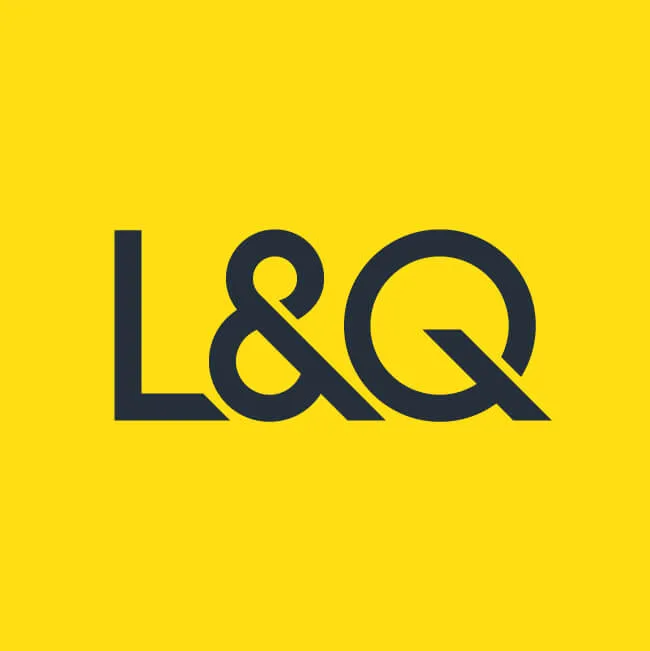It’s everywhere at the moment – the rise and rise of mortgage interest rates is a hot topic, and one that can be both baffling, overwhelming and concerning for those looking to take their first step onto the property ladder. But what is happening to interest rates, and how might they affect your impending purchase? Does buying a Shared Ownership home make any difference? We chat to Steve Gale, Development Director, from TORC24, an independent mortgage advisor, to find out more. What is happening to interest rates? Buying a first home can seem overwhelming, especially with the UK’s ever-changing property market. The current economic instability, a lot of which is a knock on affect from the pandemic, has seen the Bank of England raising interest rates to their highest since 2009. This rise could threaten potential purchasers’ ability to be granted a mortgage that is large enough to buy a home – which has been a concern for customers I’ve been speaking to recently. What does that mean for buyers? An increase in interest rates essentially means you are paying more to borrow money from lenders – so buyers will be paying out more money each month for their mortgage. It is our responsibility as advisors to ensure people are able to meet those payments each month. However, it’s not all bad news – and it’s definitely still possible for buyers to get onto the property ladder. Because of interest rate hikes and the impending end to Help to Buy, we have already begun to see a rise in appetite for Shared Ownership, which enables the purchaser to buy a percentage of the property (usually starting from 25%), and rent the remaining share, reducing the price of both the mortgage and deposit required. How can Shared Ownership make a difference? Because you’re only buying a percentage share of a property, Shared Ownership is a much more accessible route onto the property ladder for many buyers – you only purchase what you can afford, and independent financial advisors such as myself can help you determine what that is. Shared Owners are only taking out a mortgage on the amount they are buying (potentially around 20% of the home’s overall value), which is much less than purchasing on the open market (often around 90%). That means less money is borrowed from the banks and so the loan to value is much lower, which helps reduce the effect of the rising interest rates on purchasers. To ensure it is benefitting those who need it most, Shared Ownership requires a certain eligibility criteria to be met, including a requirement that the household earns under £80k or £90k in London, be over the age of 18 and not already own a property.

In The Know blog series: The rise in interest rates
For more information on buying a Shared Ownership home with L&Q and to see if the Government scheme is right for you, you can read Our Complete Guide to Shared Ownership. View our available properties here.
